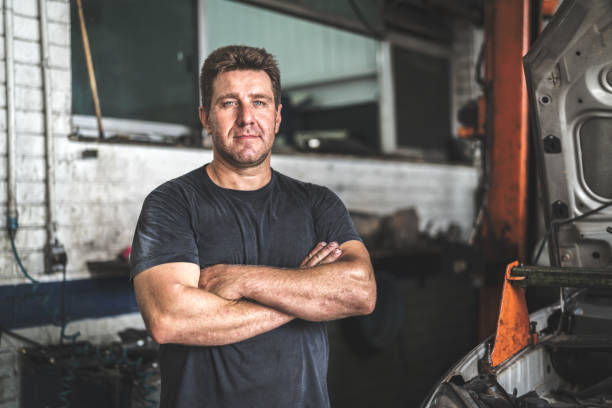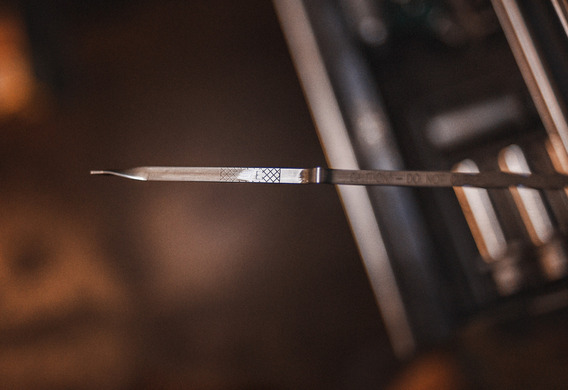
Every car has a probe that can be used to determine the level of oil in the engine's pallet. It is extremely dangerous to go with a low level of oil, especially in modern cars, but few check the level regularly.
The oil consumption for different age engines and even new engines of different brands is different. Litres of oil per thousand kilometers, "eaten" by a littlun with an engine about a liter of volume, suggests that the engine is close to "death", while the same litre, which has disappeared from the V-shaped pan with the turbine, can be considered a norm. However, the smoke coming out of the exhaust pipe will be the right harbinger of the end for any engine.
Possible reasons for increased oil consumption
The most common reason is running through various sappers and gaskets. Often the tester is formed due to the untight landing of the oil filter. In this case, the problem can be solved by installing a quality filter element. The current lining of the cylinder head and the crankcase pallet can be tasted, but not too hard, and without forgetting the sequence of bolts. The crankshaft and shaft sprinkles, as well as the lining of the cylinder block (if it appears between the head and the unit), require only replacement. Another path to the disappearance of oil-seepage through the loose end of the valves of the lubricating caps. It is easy to replace them, and the caps are cheap.
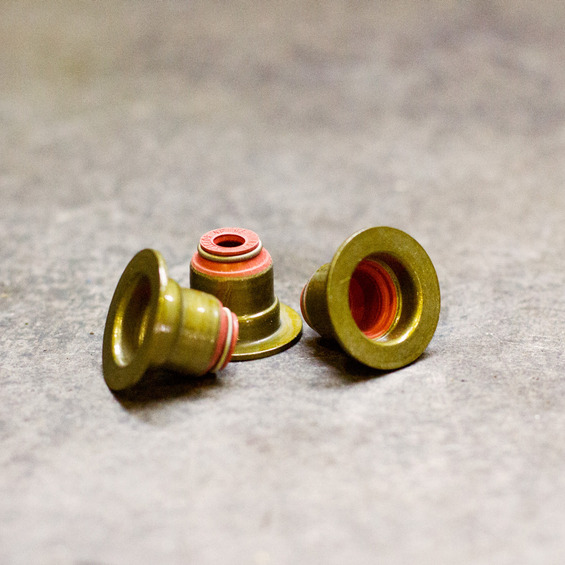
A more complex problem is the infirm light of piston rings. The rings may be overheated (usually they are converted to a temperature of 180-200 ° C), resulting in permanent deformation and deterioration of the elasticity indicators to ensure reliability and efficiency of work. The second most common problem is that there is a clanking in the education of an indelible bloom. The reason for the coking is usually the violation of the oil substitution interval combined with the long idle of the engine, for example, during the year. Noodle rings will not fully seal the surrounding cylinder of pistons, this is not only an increased oil appetite, but also the loss of compression in cylinders. This trouble is sometimes leeked by special forces. Also, it is possible to destroy the cross-clashed piston jumpers, the cause will be its thermal fatigue, and the effect is the increased oil. But only the autopsy will help determine the engine.
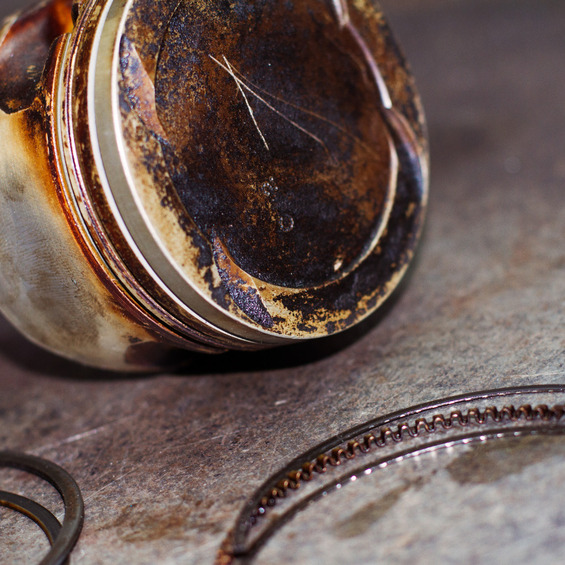
The causes of the problem may be related to the cylinders themselves. Thus, their increased wear may be expressed not only by the problems of the cylinder surface, by the diagonal increase of the internal diameter and the microbullies in the mirror of the cylinder from foreign particles and dust (which is why the quality of the air filter and its timely replacement, for the long life of the engine) is important, but also the cylinder of cylinders caused by overheating. This scourge is being treated by a wasteful block, which some of the new generation motors do not allow.
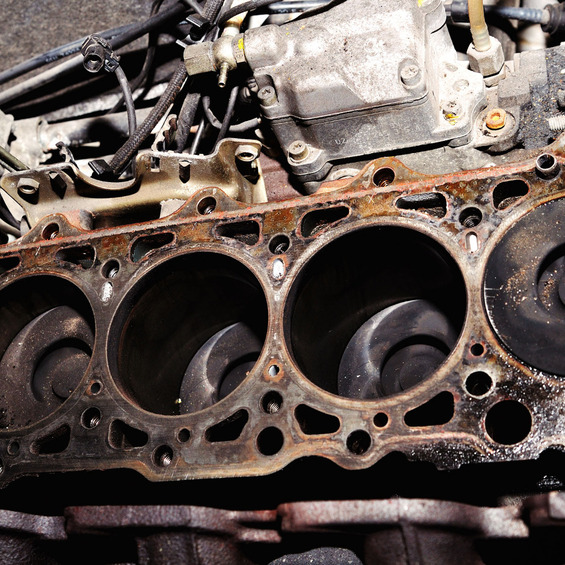
The problems of the oil itself are different. So many like to buy butter where it's cheaper, without thinking that the cost savings are not comparable to the risk of buying fake oil. In these oils there is no reduction of volatile compounds, because in a thermonetladen engine it loses its lubricating properties and burns without proper additives, the number of which is calculated in the factory laboratories. Also, the high viscosity oil, which better lubricate the rings, leaves a large thickness of oil on the mirror of the cylinder. In the end, winning the asset loses in the oil consumption. And modern, environmentally friendly motors will also be able to reverse the errors of the ascals of the release sensors. It is also highly desirable to exceed the recommended maximum oil level.
The more difficult the engine is, the more it has to do with the details in it, this logical conclusion comes when you think about the need for the lubricant of the boost turbine. Especially considering that turbotors prefer lovers of active or even aggressive driving. There are no questions for 2-3 liters of oil. Think back to the unfortunate exploits factor. Frequence at the limit not only affects the durability of the engine, but also requires the owner of better service.
In the case of a worn cylinder, the gases past the rings go into the engine's crankcase, where the pressure may increase before the oil goes through the compaction, and the intake and exhaust systems on the sending valves will be forced to put pressure on the excess oil. The same may occur if the valve of the crankcase gases is not functioning correctly.
For more private reasons, in the form of a whipped reader, which has been violated by the combustion regime in cylinders, the wear of the high-pressure pumps, the effects of the use of the various additives, and the other will not affect, because the engine is a complex mechanism of interconnected elements, it is the heart of the car, and that it does not need to keep an eye on it constantly.









